
How Often Should you Service Your Watch?
Everything that has some kind of engine will eventually be worn out. And you can either choose to buy a new one or repair it. But if you serve it on a regular basis, you can extend its life significantly, and ensure that it keeps operating year after year.
A similar principle goes for wristwatches.
Mechanical wristwatches feature a mechanical movement, and these pieces of mechanical craftsmanship will get worn over time and not operate as well as they did when they were new. How long varies on a number of factors, with the main ones being how much it is used, and how high quality is. Naturally, you would expect that a higher-quality movement lasts longer than a poor-quality one.
For mechanical wristwatches, it usually makes more sense to service them than to simply throw them away when they stop or when they start acting weird. It can either be because the wristwatch is irreplaceable and has a sentimental value to us, or, it can be because the watch costs so much that the service cost is significantly lower than the cost of the watch.
The bottom line is that all mechanical watches will need to be served from time to time, and if you don’t service your watches, sooner or later, they will break or not work the accurate way they are meant to. But the big question is ”how often should you service your watch?”.
In this article, we’ll go through step by step how often you should service your wristwatch and more things you need to know about servicing your watch.
How often should you service your watch?
The short answer to this question, which is also a very general statement, is every five years – or when your watch is not functioning the way it should. This could mean that it has physically broken, or that it just doesn’t keep time well. But there’s more to it than that, so continue reading.
What does it mean to service a watch?
Let’s begin with the basics.
Not everyone knows what it means to service a watch. They’ve heard somewhere that watches should be serviced, but what does it really mean?
Well, mechanical movements consist of a bunch of small components. Many of these components have constant stress and friction on them. To make the components work properly, some parts are also lubricated with various oils.
When something has constant stress and friction, it will eventually get worn out, and maybe even break. Lubricants can also run dry, and make it harder for the moving parts to move. These are things that can affect how your movement acts, and when it may be in the need of a service.
While many of the parts in a watch movement can last for many years, decades even, some parts are more vulnerable and will get worn out faster than others.
Photo: Hamra.com
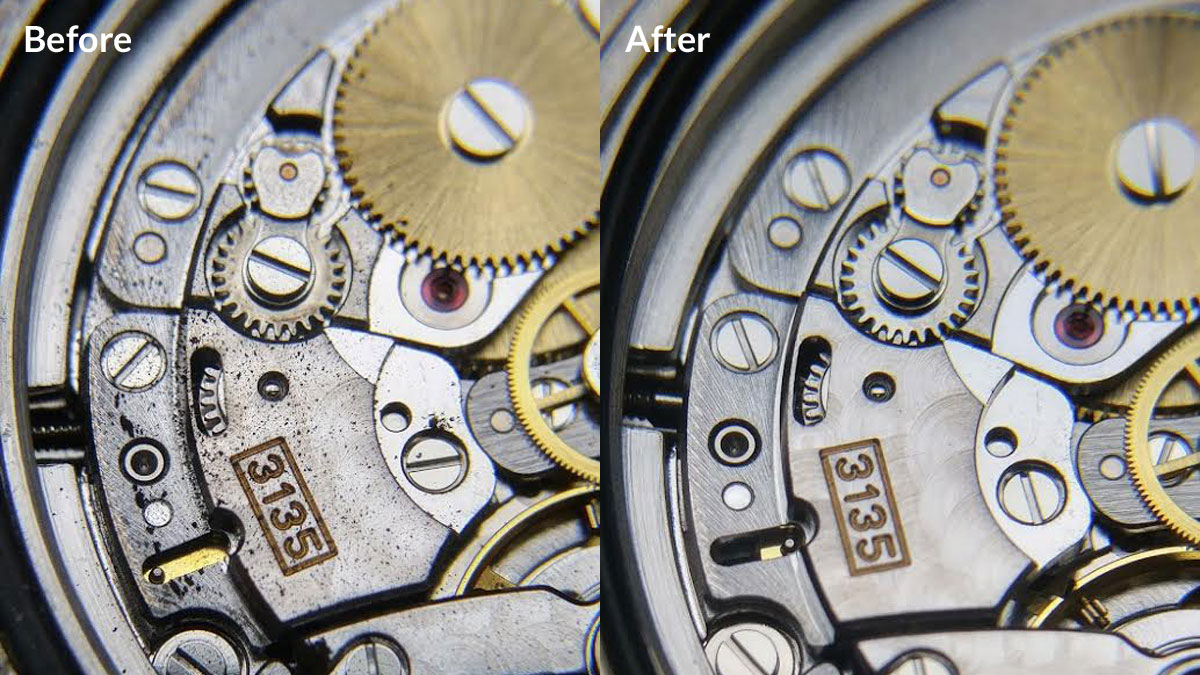
Just like it is natural to change oils in your car, and take it to service every now and then, a watch is also a mechanical piece of engineering and will need to be looked after as well.
How often should you service your watch?
This is a question that really has no one true answer, because the fact is, different people will tell you different things. It also has a lot to do with the watch you have, which brings us back to the fact that, generally speaking, higher-quality movements tend to last longer. At the same time, more complicated movements naturally have more stress and friction, and so aspects like these may affect how often you need to service your watch.
Servicing watches as a preventive measure
When talking about new cars, you normally service them, to a large extent, as a preventive measure. Now here’s the deal: you can continue to drive your car even when you have surpassed the recommended 2 years, 3 years, etc. when you should get it serviced.
A similar principle goes for mechanical wristwatches, and this is probably what causes different people to say different things about how often you should service your watch.
But something that people can agree on is the fact that it certainly doesn’t hurt to service your watch. The only thing it can hurt is your wallet – especially if you have advanced and complicated movements.
When you service our watches on a regular basis, you’ll never risk the watch breaking or starting to act in a strange way. This is because the watchmaker will continuously change oils, replace or repair parts that are worn, and make sure that everything is the way it should be.
But you really have to consider what you want to do here. Because the fact is that most quality timepieces will continue to tick year after year without being in the need of service unless there is a manufacturing issue. After all, this is why the manufacturers have X years warranty on the movement as a guarantee that it will work flawlessly for several years. And really, within the warranty time, there is absolutely no reason for you to service your watch because even the manufacturer guarantees its function.
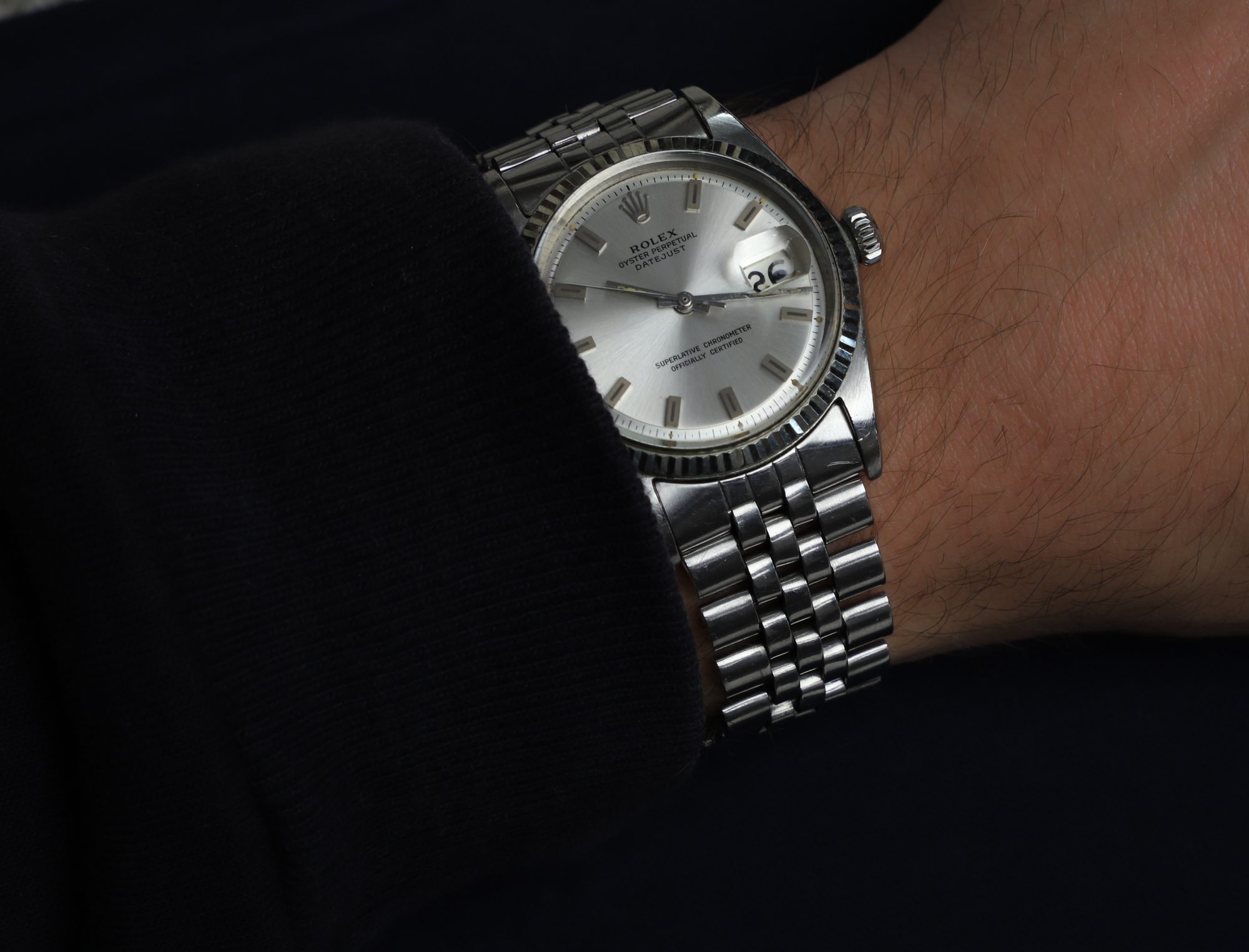
The length of the warranty depends on the manufacturer, and this warranty can also be viewed as a reflection of how proudly the brand stands behind its movements, and how reliable and durable they are. Rolex, for example, has a five-year warranty on all their movements, extended from two years in 2014. Omega now offers a five-year warranty, up from three years in 2018.
It’s also worth pointing out that service, and what the watchmaker does to the movement can vary a lot depending on what the movement needs. For example, if you service the watch when it shows no real signs of needing to be serviced – in other words to just looking after the movement, the watchmaker will only need to fine-tune it, see that it is keeping time properly, and maybe make some minor adjustments. On the other hand, if you haven’t serviced it for many decades, and it is acting strange, then a much larger job is probably necessary. But the idea here is that if you decide to look after it on a regular basis, you will never need any of the larger services.
Service intervals vary between brands
Now, as mentioned, different brands have different warranties, but different brands also make their movements in different ways and with different philosophies, so this is something that will also affect how often you need to service your watch.
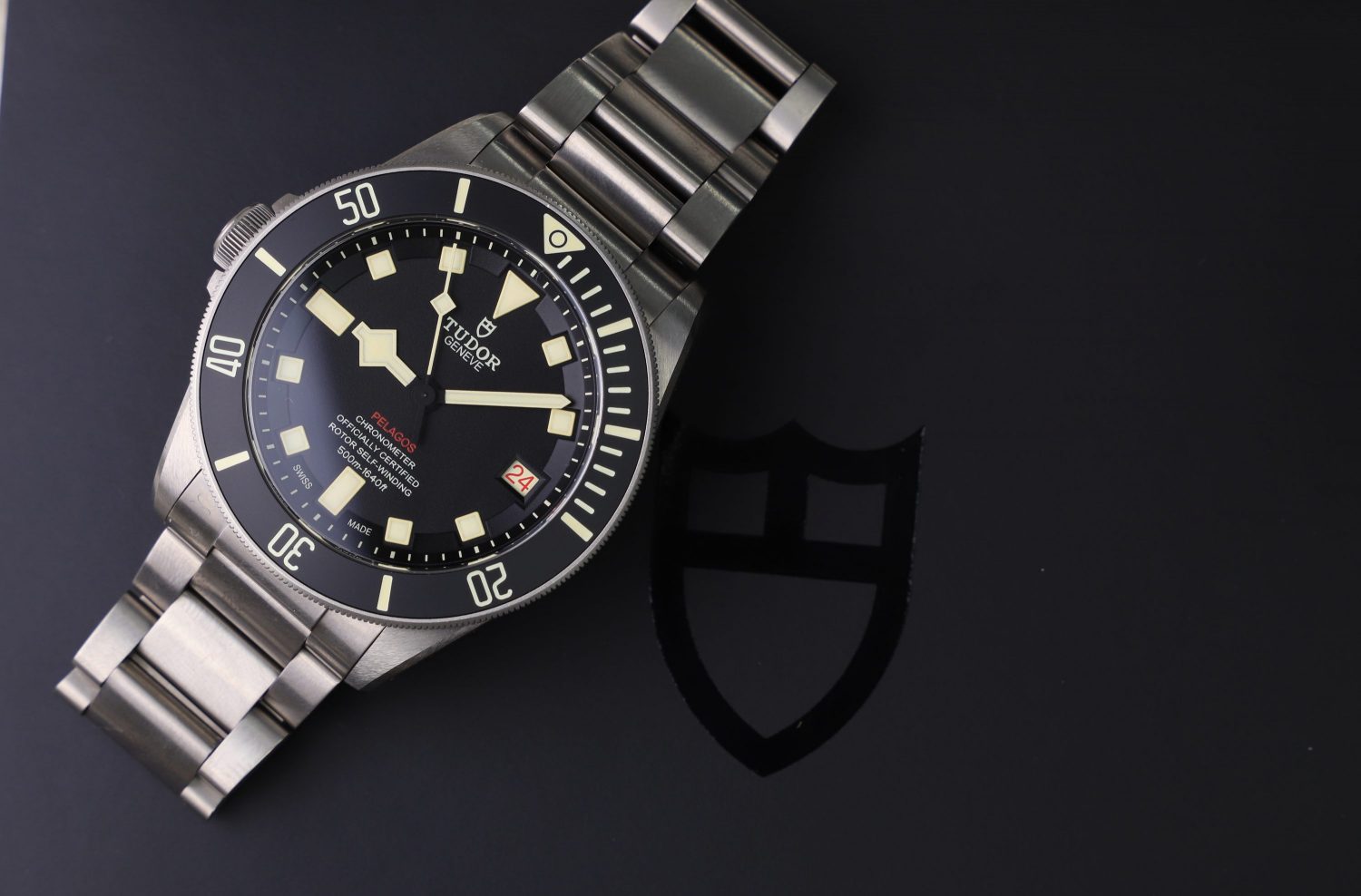
For example, it’s nothing new that Rolex watches can continue to tick decade after decade, and operate flawlessly, even without service. This is why Rolex is known as a brand that makes reliable workhorse movements. While movements always benefit from being serviced, watches like Rolex can manage many years of operating without even being looked after.
On the contrary, there are other manufacturers that make amazing complicated, and beautiful movements, but these movements are not necessarily built for the purpose of being reliable for many decades. Instead, they’re more built like pieces of art that are beautiful to look at. And there’s a huge difference here, which is why you need to factor in the type of watch you have when considering whether or not your watch needs servicing.
What do the watch companies say about servicing?
It’s always interesting to see what the manufacturers of the watches say because as you understand, they want their watches to operate flawlessly at all times for many years to come, and as such, a mechanical piece of engineering will perform best if it is looked after on a regular basis. At the same time, the watch brands want to show that their watches are of very high quality.
This is what Rolex says about servicing:
”To guarantee continued accuracy and waterproofness, Rolex recommends that you periodically return your watch to an Official Rolex Retailer or Service Centre for professional servicing. It is recommended to service your Rolex approximately every 10 years depending on the model and real-life usage.”
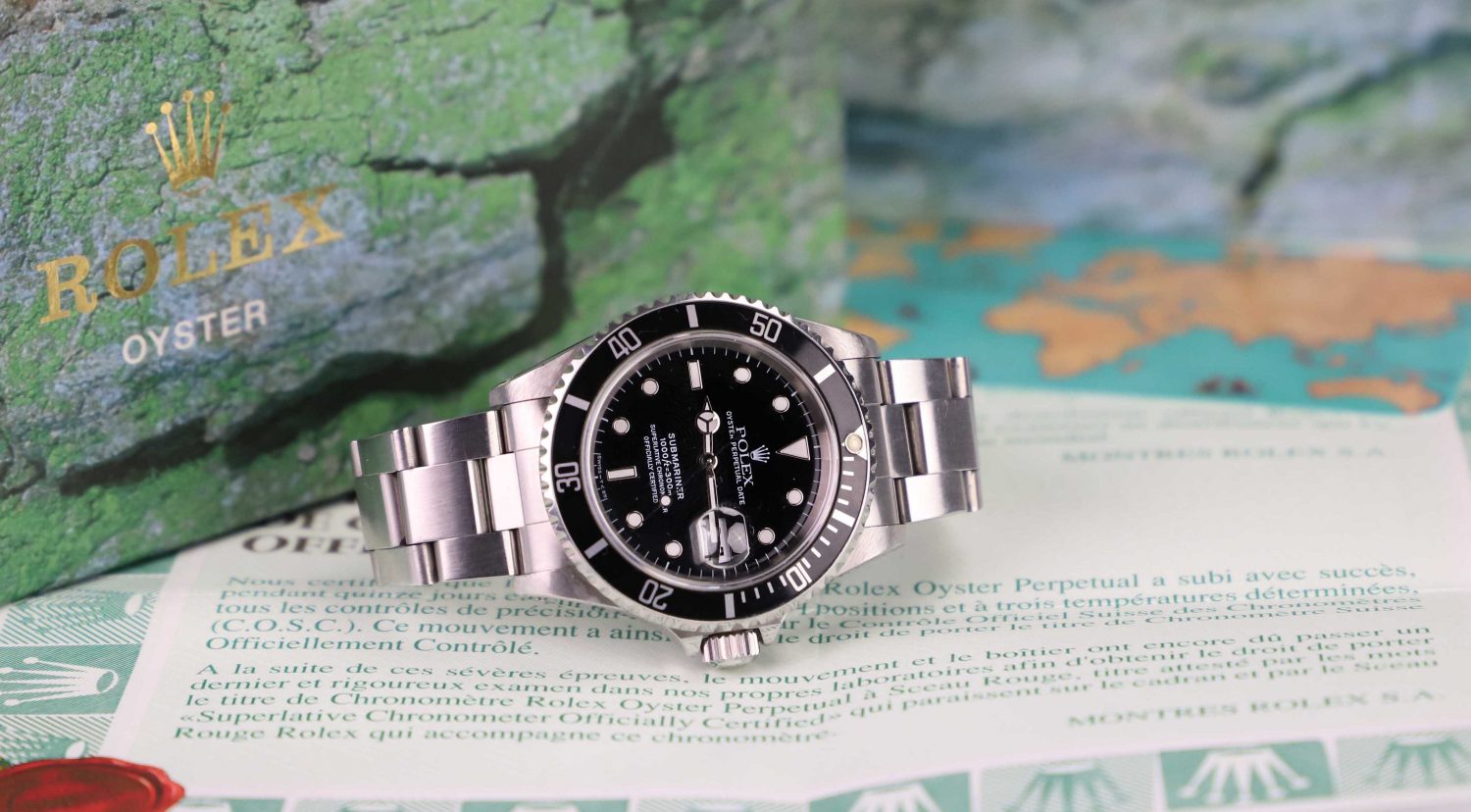
This is what Omega says about servicing:
”The service frequency depends on the use of the watch and the environment in which it is worn. The water resistance can, for example, be affected by the aging of the gaskets or by an accidental shock. Therefore, we recommend that you have the water-resistance checked once a year and a complete service performed every 5 to 8 years. Your OMEGA boutique or authorized service center will be happy to take care of your watch and answer your questions.”
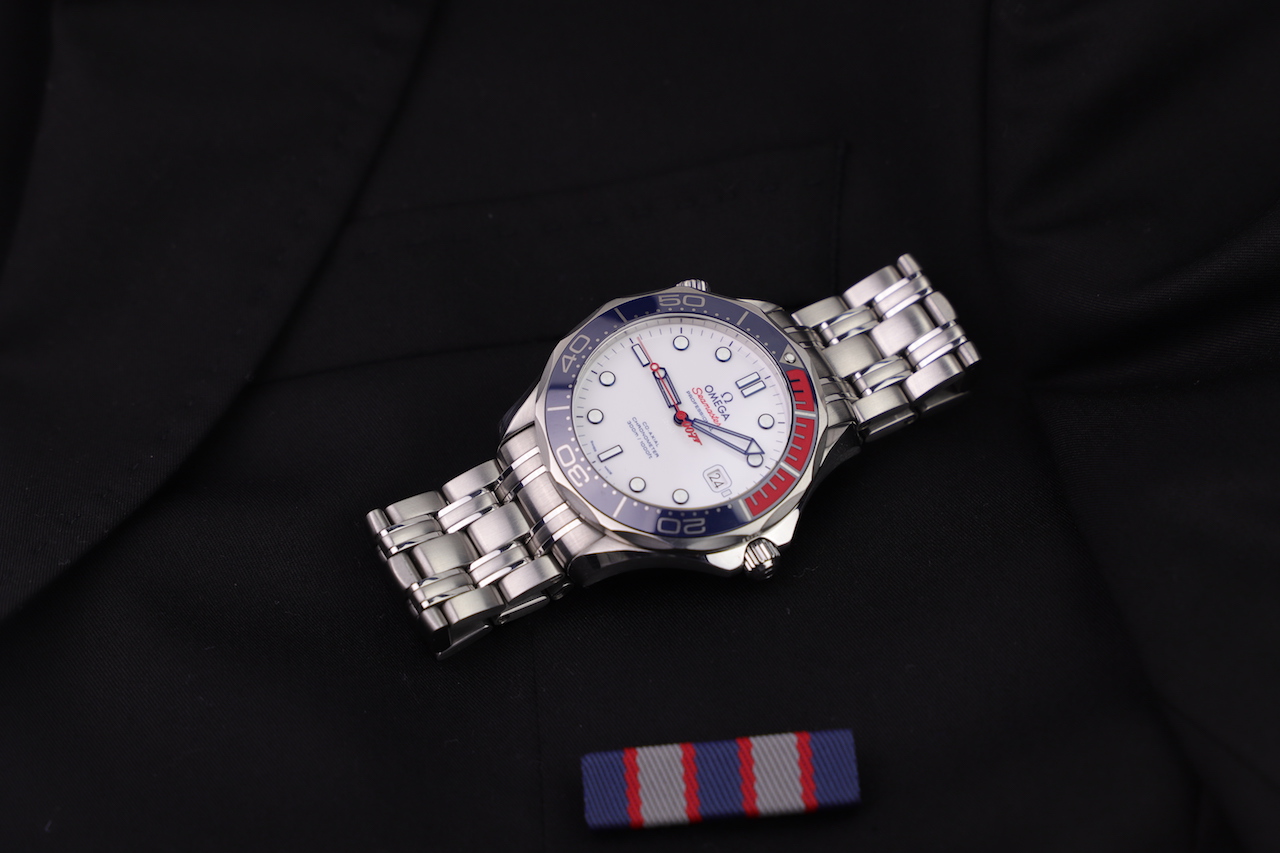
Split opinions about servicing a watch…
Now, as mentioned, there really are split opinions on this matter. Some watchmakers argue that you should service your watch on a regular basis as a preventive measure to simply look after the movement. Other watchmakers mean that it doesn’t matter and that you can wear your watch until you notice that it starts acting strange or going too fast or too slow.
Because services tend to be quite costly, many people live after the philosophy of servicing the watch when it shows that it is in need of one. This can be that the watch stops, functions stop working properly, or the watch is running too fast or too slow. In other words, don’t fix what’s not broken.
There is no right or wrong here, so it really is up to you. And if this is the philosophy you have when it comes to servicing your watches, how often you should service your watch can vary immensely. As mentioned, Rolex watches can tick flawlessly for decades and keep perfect time, and on the other hand, other watches can start acting strangely after just a few years. Either way, when this happens, this is a sign that the watch is in need of a service, and therefore, this is what decides how often you should service your watch.
The only catch is that if you have a vintage/older watch that is rarer, it can be tricky to find movement parts to these watches, and in these cases, it is often most clever to service these watches more frequently to make sure that nothing brakes, and you then have a watch which you cannot find parts for.
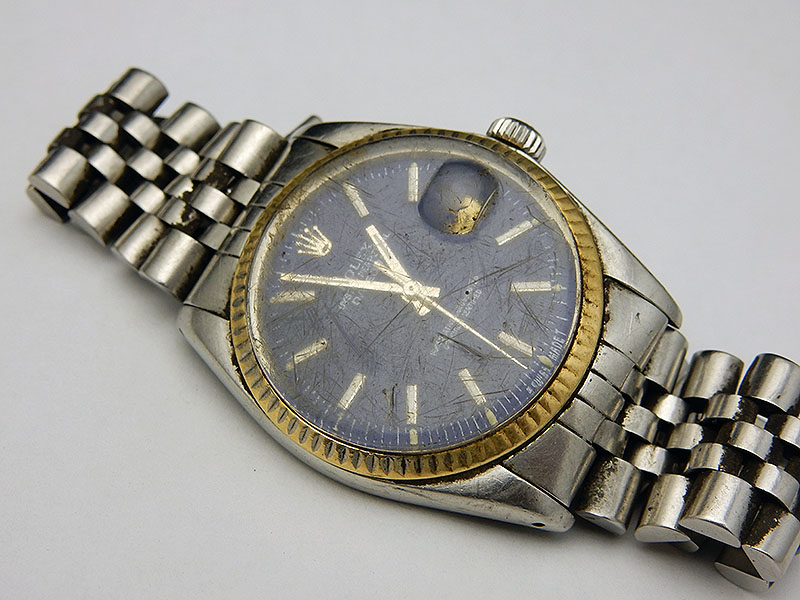
Conditions affect how often your watch needs servicing
Maybe no huge surprise, but the way you wear your watch affects how well your watch keeps the time, and thus how often you need to service it. If you use your watch regularly during activities when the watch is affected by shocks, shakes, and lots of movements, it will mean more friction and wear to the movement. As a result, this will wear the movement out faster, and as a result, it will most likely be in need of service much earlier.
Furthermore, if you use your watch while swimming, you definitely need to have your watch serviced more frequently. The reason for this is that water is a complete death trap to watch movements, and since the gaskets are made of plastic/rubber, these are parts that quite quickly (normally within five years) run dry, and this can mean that the watch may not be water-resistant anymore.
As such, if you use your watch when diving, you should service your watch (or at least change the gaskets) at least every five years. Ideally, you also want the watch to be pressure-tested every two years. If you’re not in contact with water with your watch, this is of course not a huge problem.
Also, something as basic as how often you wear your watch also has an effect on how often your watch will need a service. It also depends on how the watch is stored.
The more you wear the watch, the more wear you’ll have on the movement, and thus, the more frequently the watch will need servicing. At the same time, you don’t want to just let your watch sit either. If you’re not wearing your watch and it just sits, you want to wind your watch at least, and ideally wear it occasionally. This is to prevent the oils from running dry and to keep the different parts lubricated.
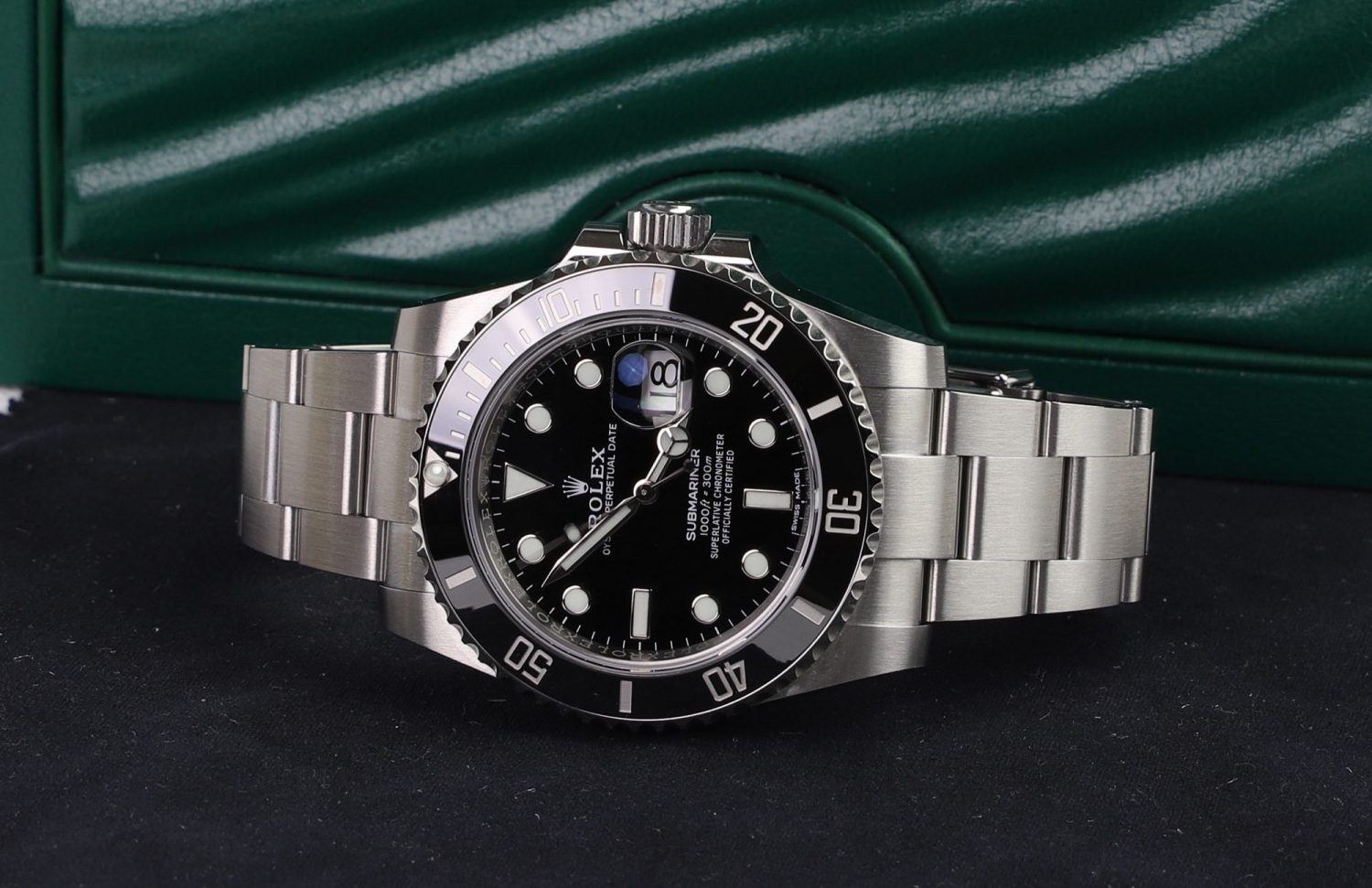
If your watch isn’t keeping perfect time
If you start noticing that your watch isn’t keeping the time the way it should, it may be an indication that it is time for a service. So what should you do? Well, you should go to a watchmaker and have them take a look at the watch. Normally, they give you a quote for how much it is going to cost to service the watch.
Not all watches are created equal
We’ve already touched upon this briefly, but the fact is that how often you should service your watch can vary a lot between brands, but also between the types of watches.
The fewer functions the watch has, the less complicated it is, and thus the fewer friction points and constant wear it will have.
If you have complications like tourbillions, chronographs, moon phases, etc., they have more components and much greater complexity. These movements also contain lots of small parts, and therefore, they’re more prone to damage if the oils become dry. As such, this means that more complicated watches need to be serviced more frequently.
Do quartz watches need to be serviced?
Quartz watches are not like mechanical watches. They have far fewer components than mechanical watches, and they work in a completely different way.
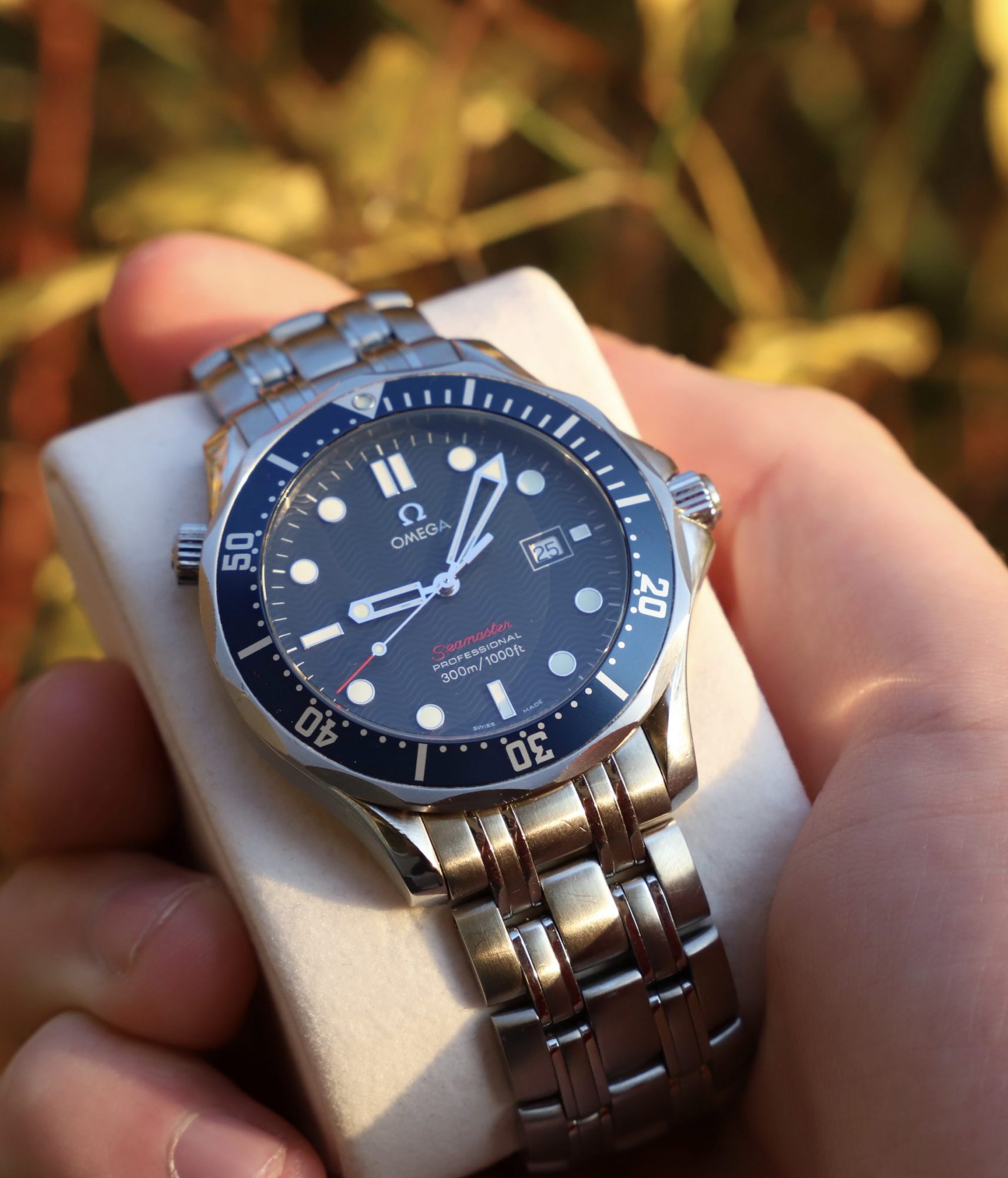
Quartz watches do not need the same maintenance and service as mechanical watches do, simply because they don’t have much friction or moving parts.
The only maintenance quartz watches need, really, are battery changes when the battery runs out of energy. The quartz watch may also need to be cleaned from all the dirt it has accumulated.




